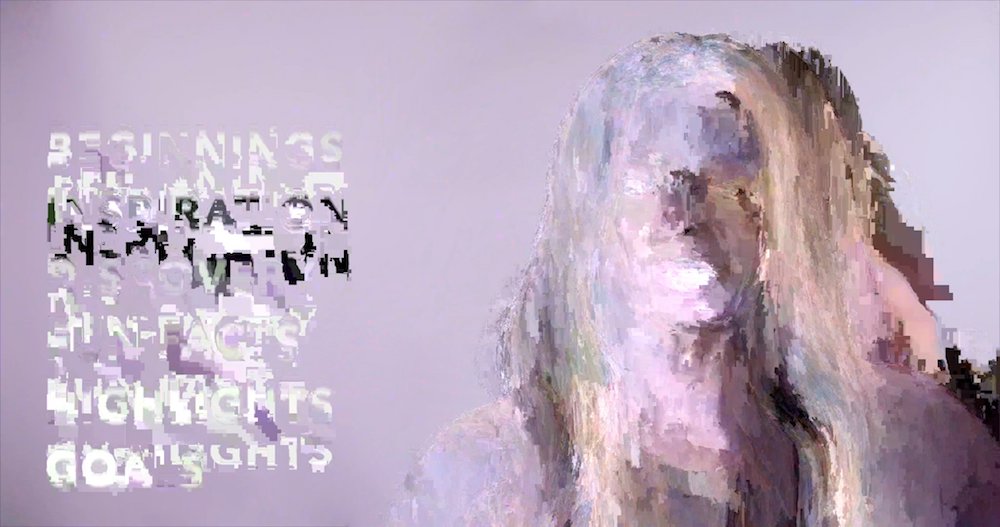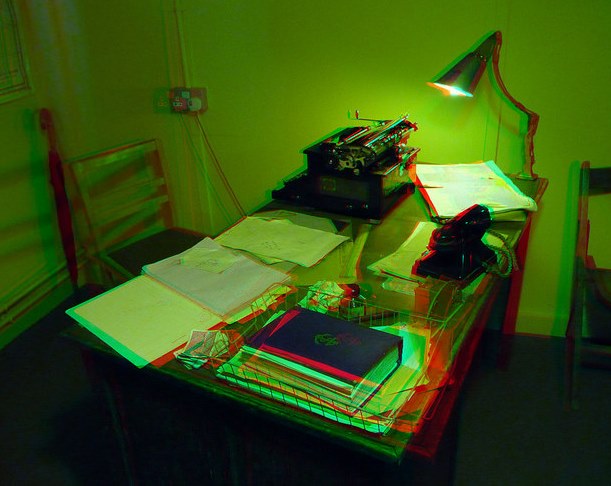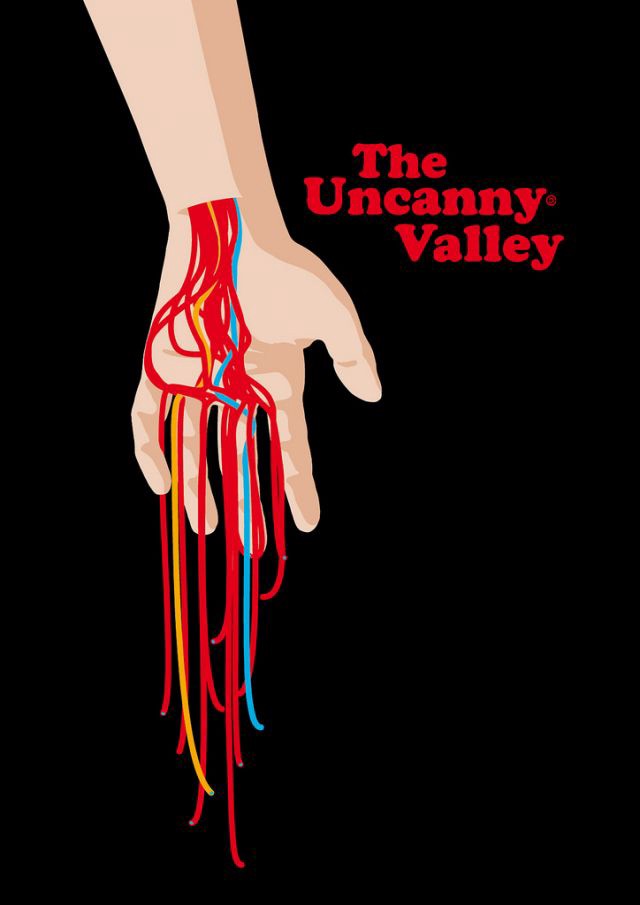Two things:
1) I published an essay called “Practical Nootropics; Political Brainhacking” on my personal website. I posted it there instead of sending it to you, dear readers, because the post was sponsored and I didn’t realize until after arranging everything that Exolymph would be a more appropriate venue. (My very first sponsored post! Are you proud of me, or shaking your fist because I’m a sellout?)
If you’re interested in applied transhumanism, the essay is up your alley. Don’t worry, it’s not a long ad disguised as a blog post — I thank the sponsor at the top and bottom, that’s all.
2) I was a little bit manic from too much caffeine last night so I wrote a long tweetstorm about the pervasive bad faith that poisons so much of online discourse. It ties together the prisoner’s dilemma, hyper-scaleable media distribution (AKA cheap virality), and the incentives of tribalism.
And now, a prose poem about the interminability of sentience. Because why not, I can be angsty and avant-garde too. Tumblr-era Sonya would be so proud.
Glass Cacophony

Artwork via (by?) the Twitter bot @youtubeartifact.
“The algorithm has been kind, has granted me a strong body and a violent disposition.” — @ctrlcreep
You have been yourself the entire time that you’ve been alive. Layer on layer on layer, like stacked panes of glass. Each scribbled all over with black marker.
The stack becomes murkier as it rises, when viewed from the top. It’s the same stack all the way up and down.
Despite the persistence of yourself, the entire-time-ness of it, you struggle to define your own substance. Observers list the ways of knowing what you are. You must not despise yourself. It is unseemly.
You are bothered by wanting an identity, by wanting to reduce yourself. The nebulousness is an itch. The need for a coherent mind is an itch. Counting breaths is fall asleep is an itch.
Each moment more you-ness accretes. Black marker skids on the glass; fills up the clear space. Pile on a fresh one. The ink dries gummy. It peels instead of smearing.
The very best feeling, you think, is to realize that you’ve driven home on autopilot. You didn’t need to be present. A respite from the consciousness of consciousness of consciousness that fills the mind, that is the mind, that spills into your hands and none of the onlookers can help you hold it.
Still you are yourself and still the complexity assaults you.




